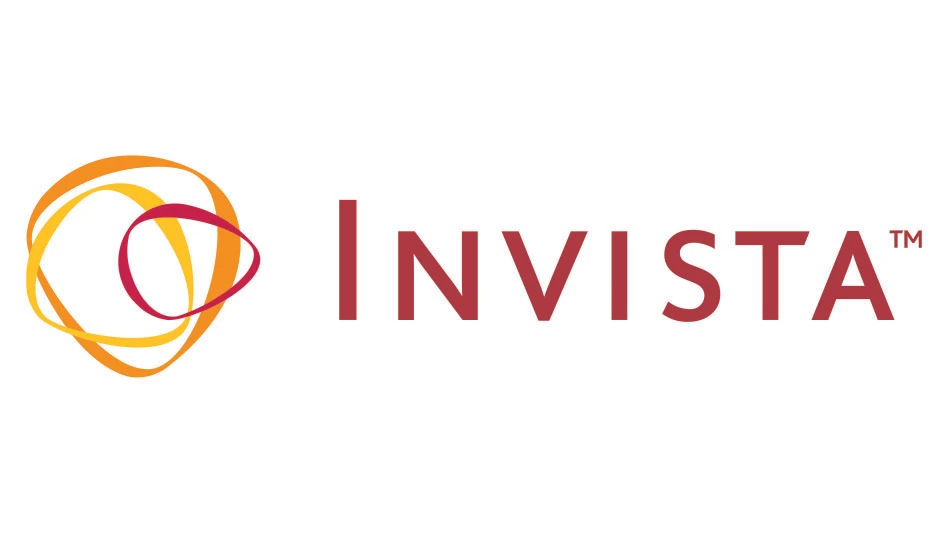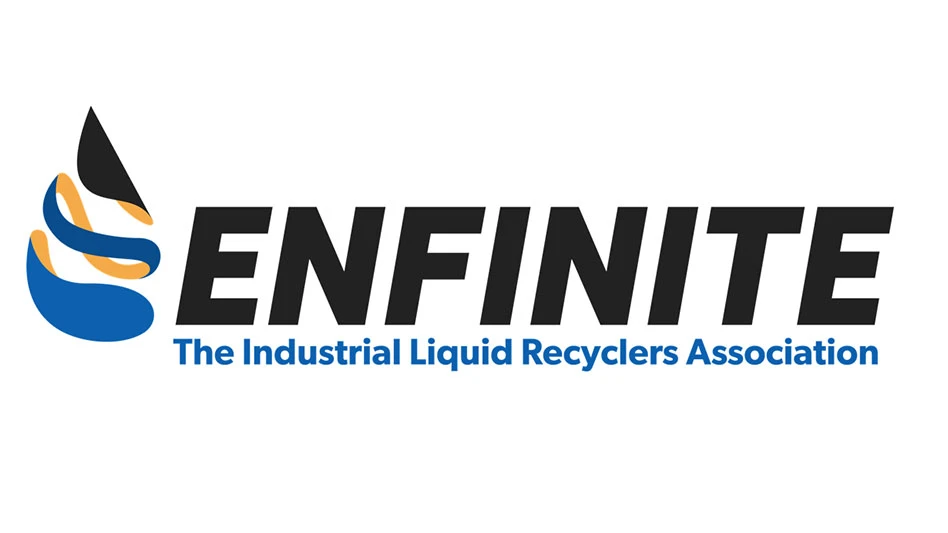
Aaron Gaby
General manager of Gaby Iron & Metal
Visiting the family scrap yard on weekends was a childhood pastime for Aaron Gaby, general manager of Gaby Iron & Metal, which is a 111-year-old scrap recycling business in Chicago Heights, Illinois.
Like many children of scrap yard owners, Gaby joined his father, Gary, on weekends to help with various tasks at the yard. In addition to cleaning equipment, he recalls spending time fabricating metal sculptures with his brother or learning how to drive stick shift in old automobiles the company had acquired.
“Going to the yard was always like a playground, but I didn’t really plan on joining the scrap business,” Gaby says. “But I think somehow, in the back of my mind, I always knew I would end up there.”
After receiving a Bachelor of Science in economics and business from the University of Colorado at Boulder, Gaby held several sales positions at a few different companies outside of the scrap industry, but he found that he didn’t like the work. In 2012, his father invited him to join the family business.
“I think educating everyone, from kids to adults, is critical for the scrap industry.”
“At that time, I wasn’t really happy with my position at another company, and our yard was aging and my dad was getting older,” Gaby says. “He got me to rethink about coming into the scrap business, and I took that leap.”
He shares some lessons he has learned since joining the scrap industry full time nine years ago.
Recycling Today (RT): What are some lessons you learned in your career before joining Gaby Iron & Metal that you have applied during your time in the scrap industry?
Aaron Gaby (AG): Some lessons I learned early in my career are really to step outside my comfort zone. I learned if I step outside that comfort zone, it’s really not always that big of a deal.
Another thing I have learned is that most people are willing to lend a hand if you ask. It’s better than struggling and not knowing the answer.
RT: Could you share an example of a time you had to step outside of your comfort zone?
AG: One example that really stands out is a few years ago, I was asked to join ISRI’s (Institute of Scrap Recycling Industries’) Chicago chapter board. At the time, I didn’t really feel comfortable, being early on in my career, joining the Chicago chapter as a board member or taking a role within the industry. But by doing so, it really opened up a ton of doors. I’ve had a great experience going to ISRI board events, going to conventions and going to roundtables and all the other events that ISRI puts on. Through that experience, I’ve really learned a lot. ... I don’t think if someone hadn’t pushed me into that that I would have taken that step.
I’m still very active within ISRI. I try to participate in the Chicago chapter as well as national events. It’s something I will continue to do as long as I’m in this industry.
RT: What do you see as the biggest issue in the recycling industry?
AG: One of the biggest issues that I see in the scrap industry is trying to educate people on what truly is recycling—what do we do, and what is recyclable. So many people I talk to still don’t understand the impact we have on the local and national economy—the jobs we create and the millions of pounds of material we divert from the landfill. I think educating everyone, from kids to adults, is critical for the scrap industry.

Explore the June 2021 Issue
Check out more from this issue and find your next story to read.
Latest from Recycling Today
- Greenville, Mississippi, launches aluminum can recycling program
- Cotton Lives On kicks off 2025 recycling activities
- Georgia-Pacific names president of corrugated business
- Sev.en Global Investments completes acquisitions of Celsa Steel UK, Celsa Nordic
- Wisconsin Aluminum Foundry is a finalist for US manufacturing leadership award
- MetalX announces leadership appointments
- Sofidel agrees to purchase Royal Paper assets
- US Plastics Pact report charts expansion path for recycled content in packaging





